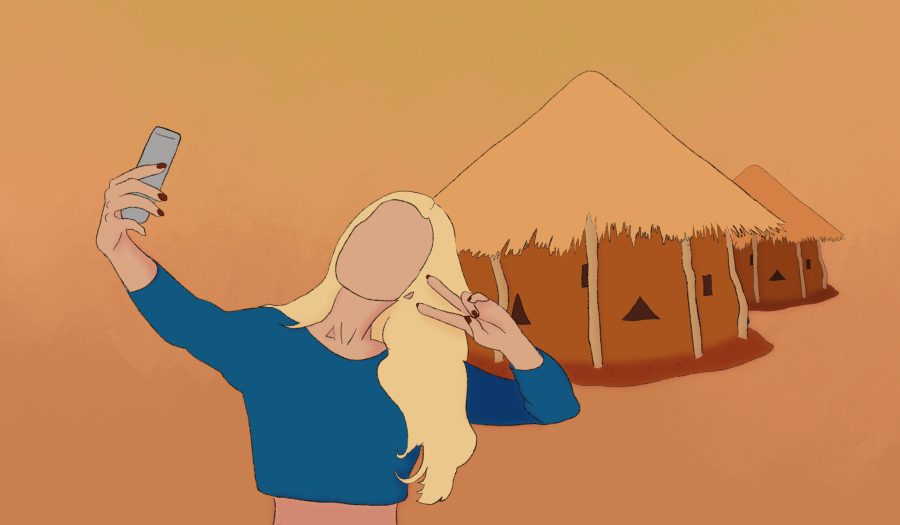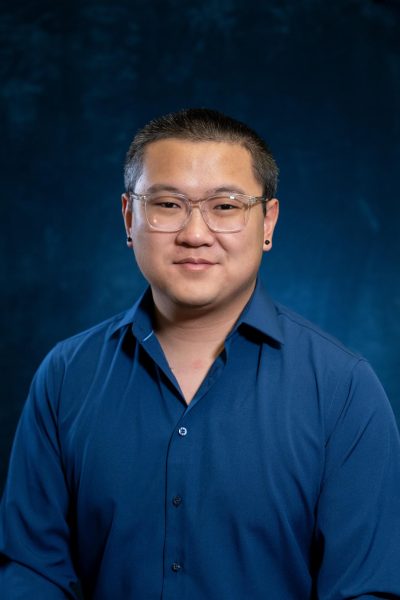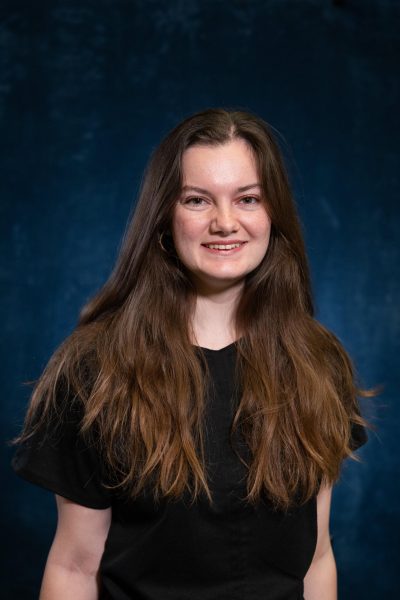The White Savior Complex is, simply put, a trope in which a white person provides help to or rescues non-white people from unfortunate circumstances in a self-serving manner. However, this concept is multifaceted and its implications are more detrimental than beneficial to the people that are “being helped.” This mentality puts marginalized groups in an inferior role when it comes to issues that they are facing firsthand which cuts into the voices of minority groups and their experiences. Although, admittedly, the White Savior Complex comes from seemingly good intentions, it is important to dismantle and challenge this preconceived and subconscious notion that people of color are in need of saving by white people and to shift focus to the real issues, realities, and experiences of BIPOC.
A very common perpetuation of the White Savior Complex is prevalent through the concept of church missions, which are actually doing more harm than good. These missions imply that the only way for a country to be “saved” is by a white person. In fact, there are instances where those on missions have actually caused more problems for local communities.
For example, in 2019, Renee Bach, an American missionary, operated a charitable treatment center for severely malnourished children in Uganda despite having no medical training. At least 105 children died in the charity’s care. Bach and the charity, Serving His Children, settled a lawsuit brought against them in Ugandan civil court by two women and a civil rights organization. Both Bach and the organization agreed to pay about $9,500 to each of the mothers, with no admission of liability.
“It feels good to help.” “I’m making a difference.”
Church missions are often self-serving and don’t even begin to address any systematic or institutionalized issues that make these places impoverished.
The construction of any building, whether it’s a church or a school, risks being unreliable because it’s done by inexperienced teenagers and young adults trying to help. Meanwhile, the workers of the village, most of whom are unemployed and all of whom have more construction experience than the missionaries, remain unemployed. What these communities need is not free labor, it’s employment.
Africa has poverty, as do virtually all developed countries. But Africa is so much more than poverty. This simplistic narrative towards Africa is why some people genuinely think that all Africans are poor and live in huts. There is a mentality that the Westernized lifestyle is the “civilized” and “advanced” way of life. In the same way British colonizers tried to “help” the Indigenous people of America in the 18th and 19th centuries, the modern-day white savior has a subconscious bias that casts BIPOC as inferior and in need of rescuing. This mentality lives on today, through gentrification, church missions, and less obviously, adoptions.
The idea that adopting an orphan from a developing country is “saving” the child fulfills a selfish need. The American foster care system also has children who are in need of a home, so why the compelling need to adopt from other countries? It’s the savior mentality.
Additionally, adoption in developing countries is a lucrative business. There are individuals and organizations who profit off of fraudulent and unethical adoptions, taking advantage of the often well-intentioned white saviors. While it is true that most coming to adopt children here believe that they are doing a good and selfless act by taking in an orphan and giving them a “better life,” one serious issue is that most of the children leaving for international adoption are not actually orphans at all.
The same detrimental mindset is also perpetuated in other forms of the White Savior Complex. Voluntourists exploiting the lives, stories, and culture of African people on social media is performative and fulfills the self-fulfilling, superficial need to be seen as a hero. Additionally, storytelling that exoticizes the community they are working in, such as talking about how “poor but happy people are,” furthers the narrative that the people in these communities are ill-equipped to battle their own issues without the help of white saviors and that the Westernized way of life is somehow superior.
For those who truly wish to help developing nations and marginalized BIPOC, instead of volunteering on church missions to Guatemala or adopting a child from Uganda, donate and support organizations that have a localized influence on these communities. Organizations such as No White Saviors aim to dismantle the White Savior Complex and help communities in developing countries harness resources and transfer control to BIPOC and communities affected by neocolonialism.
More personally, it is important to examine the internalized biases that drive people to believe that poorer countries are in need of American help and why acts of White Saviorism, such as church missions and international adoptions, are the right solutions for issues that are rooted deeper in foreign economies and communities.
Whether it’s in developing countries or in underprivileged cities, the issues that plague these communities become skewed when white people think that their understanding and knowledge of these complex problems are enough to warrant a savior complex over the groups who experience them firsthand. These communities are capable and resilient. Instead of feeding into the White Savior Complex, we must shine a light on the voices and organizations that are best equipped to handle these issues: those who live it.
Art by Ava Bayley for the UC San Diego Guardian.


















Samuel C • Apr 28, 2021 at 3:03 pm
Great article! I’d recommend interviewing Global Ties here at UCSD about this. I took ENG100D and it touches upon this subject about how helping people should not be about self gratification and avoiding the superiority complex at all costs.
One video we watched was a TEDTalk titled Ernesto Sirolli: Want to help someone? Shut up and listen! which is fantastic about how to better approach uplifting others and communities.